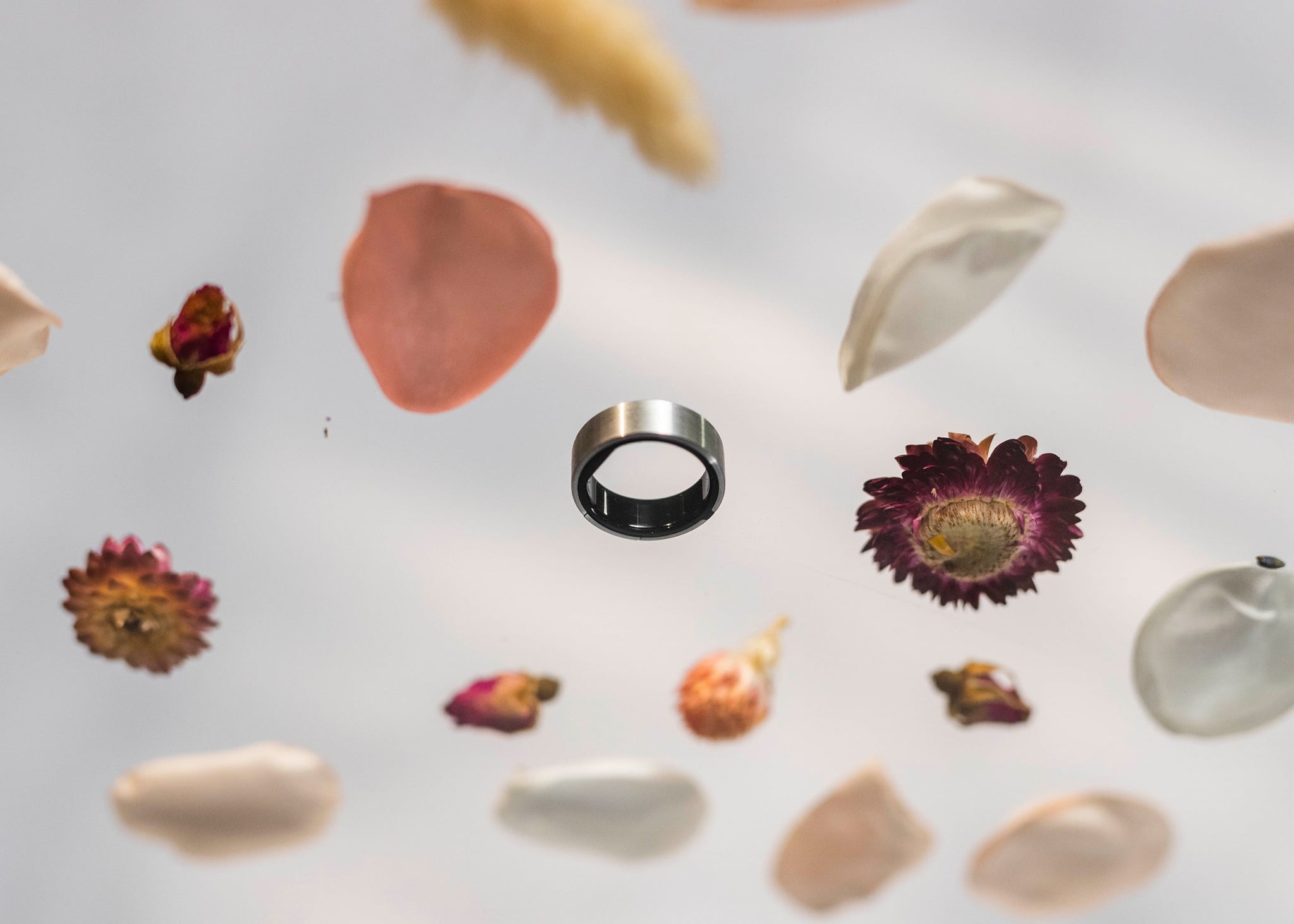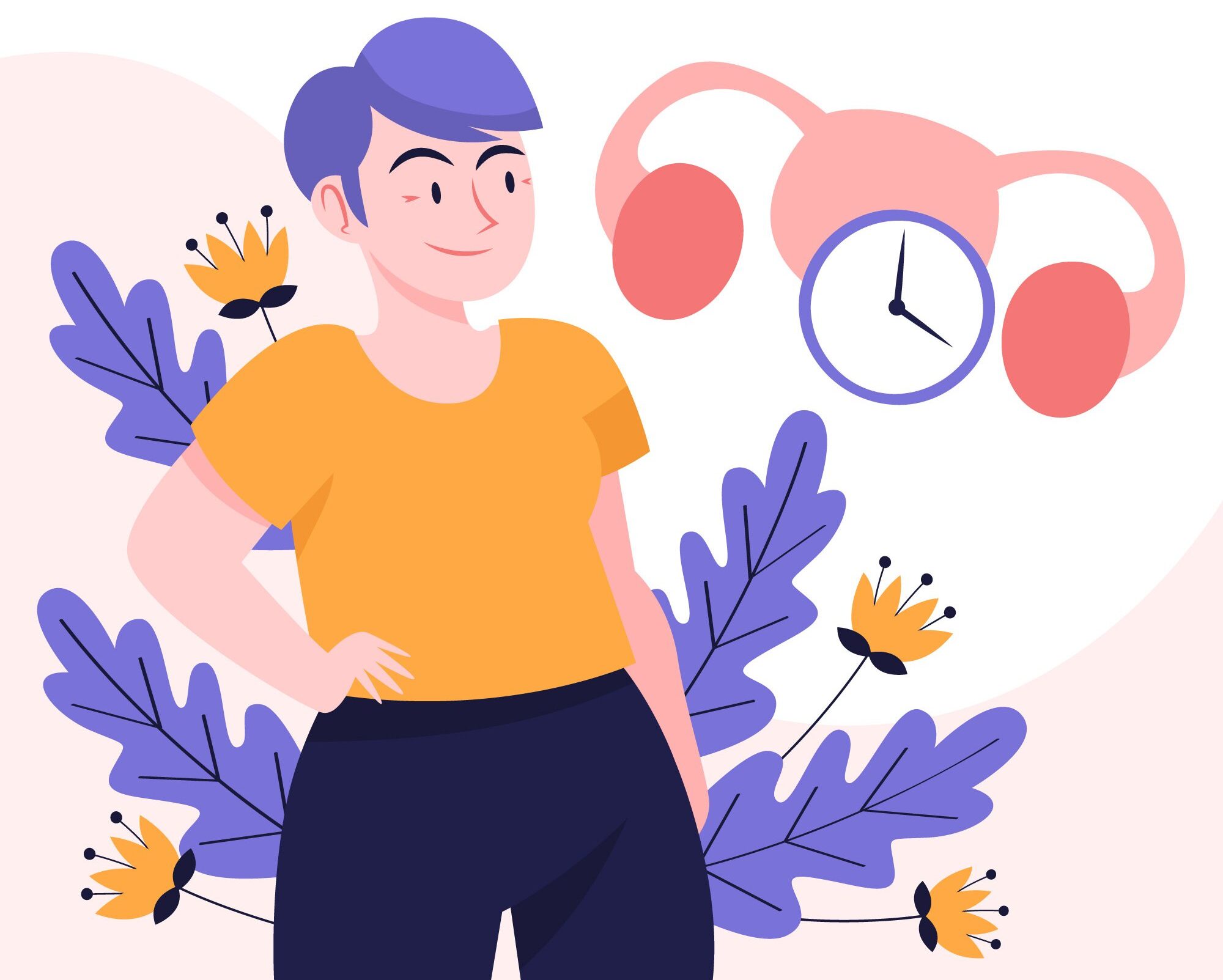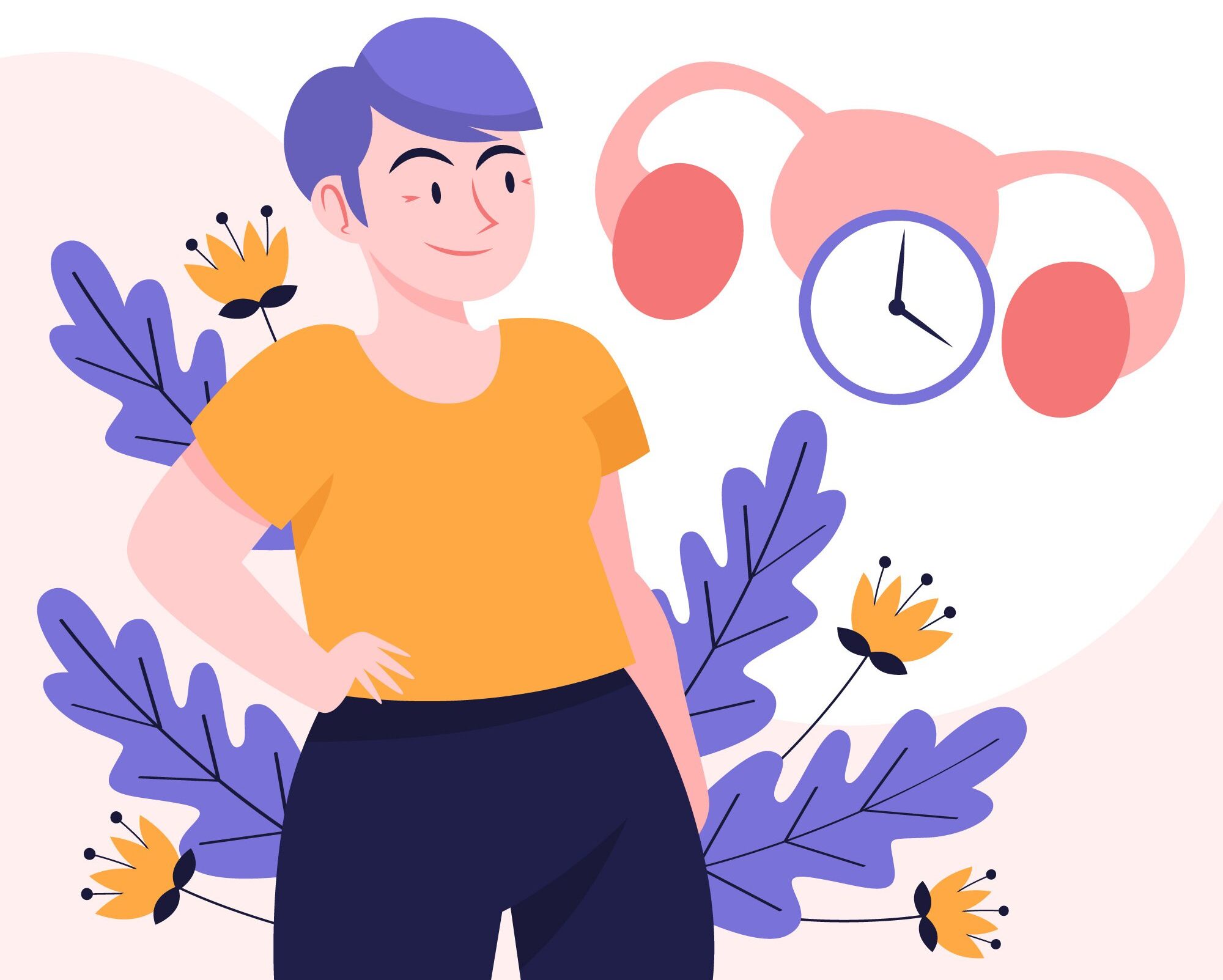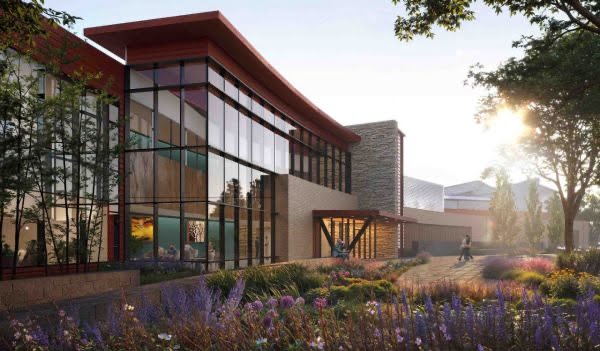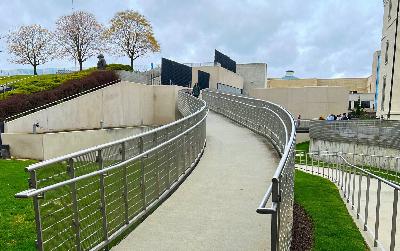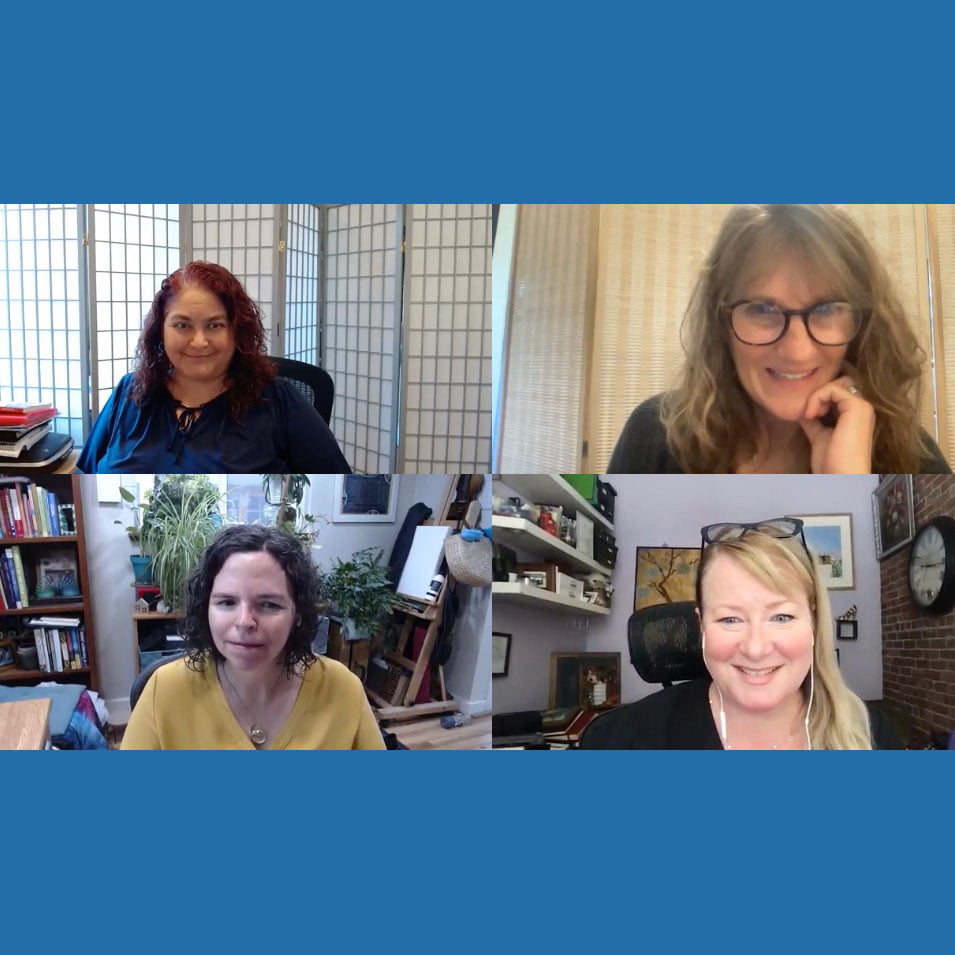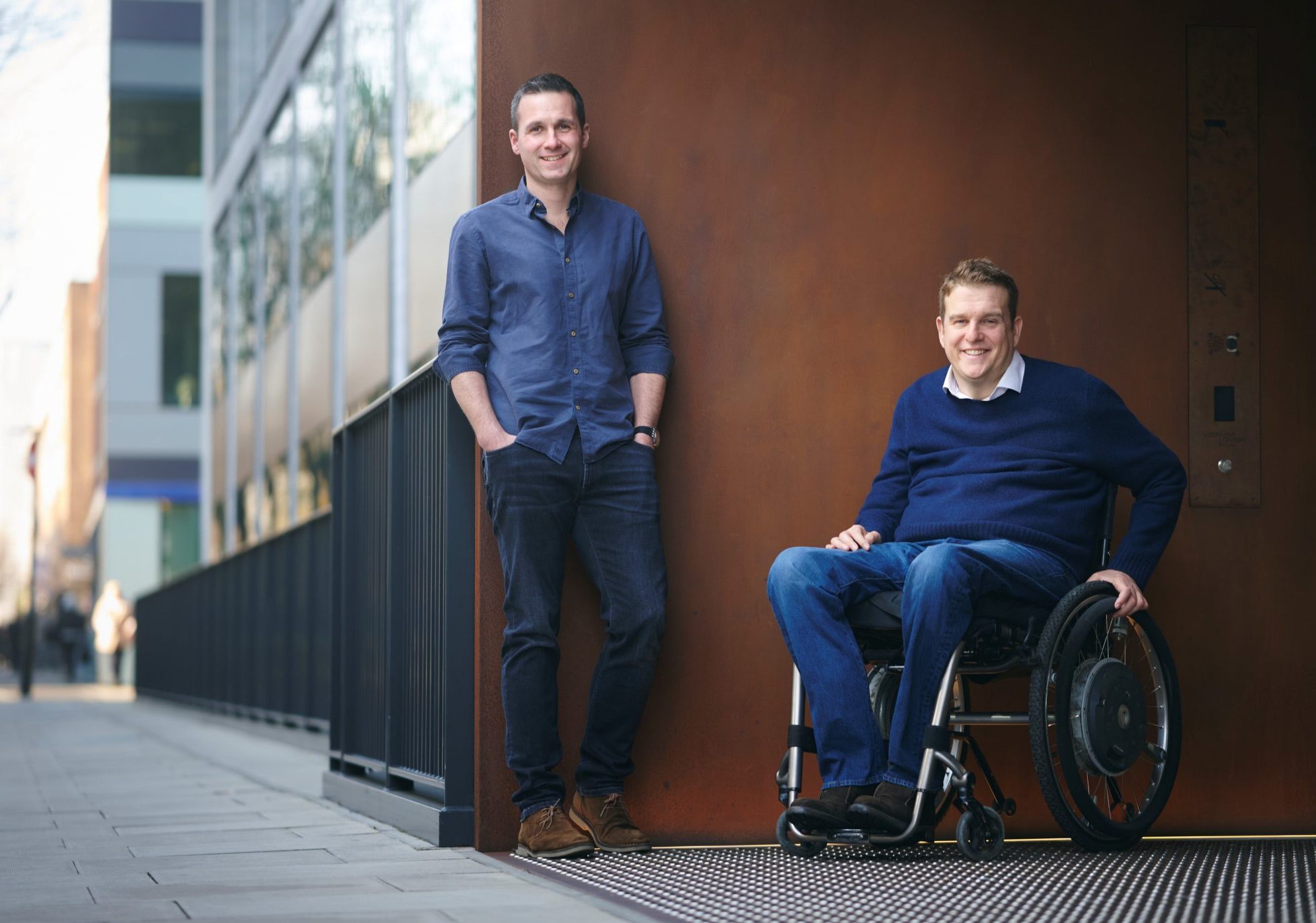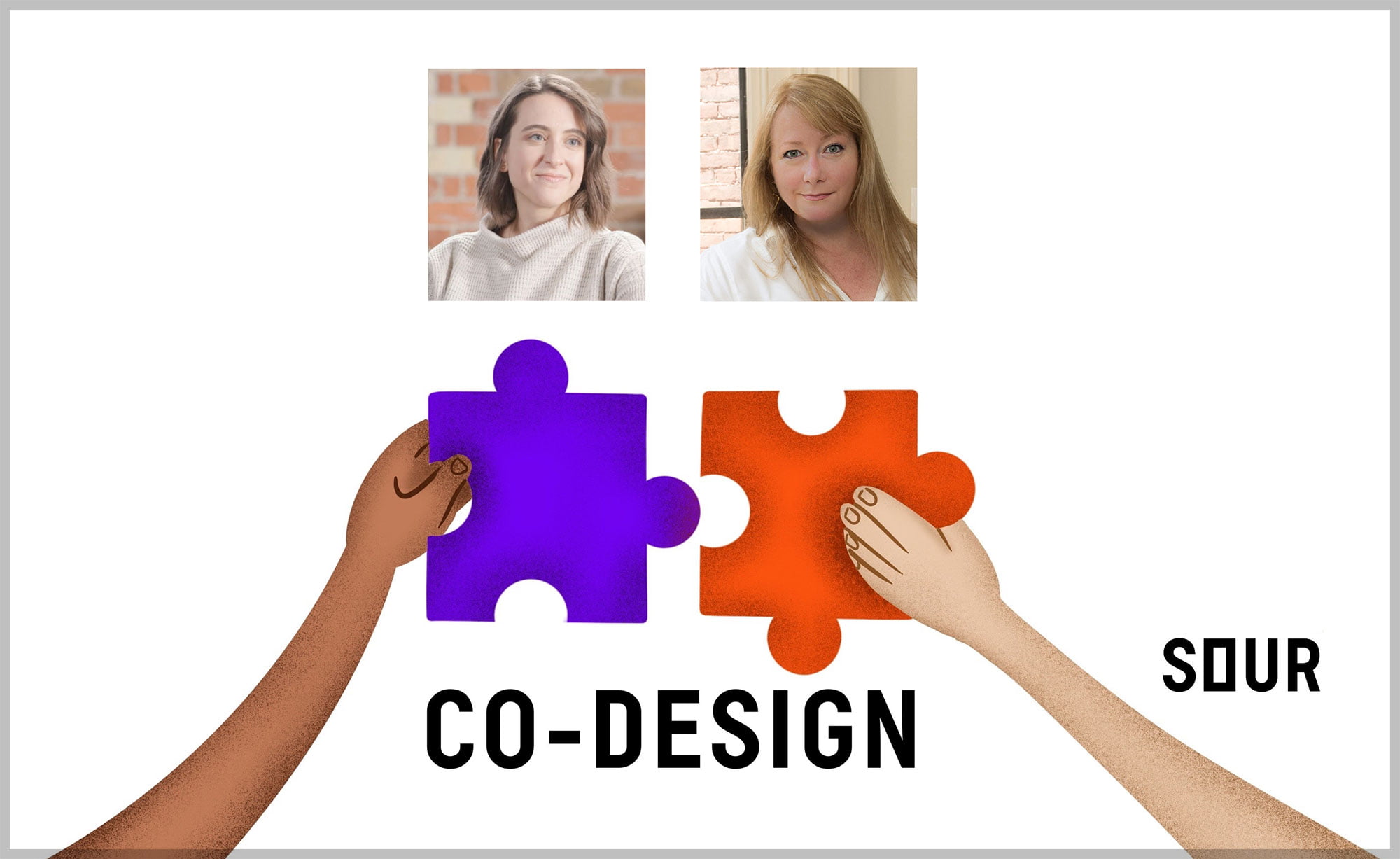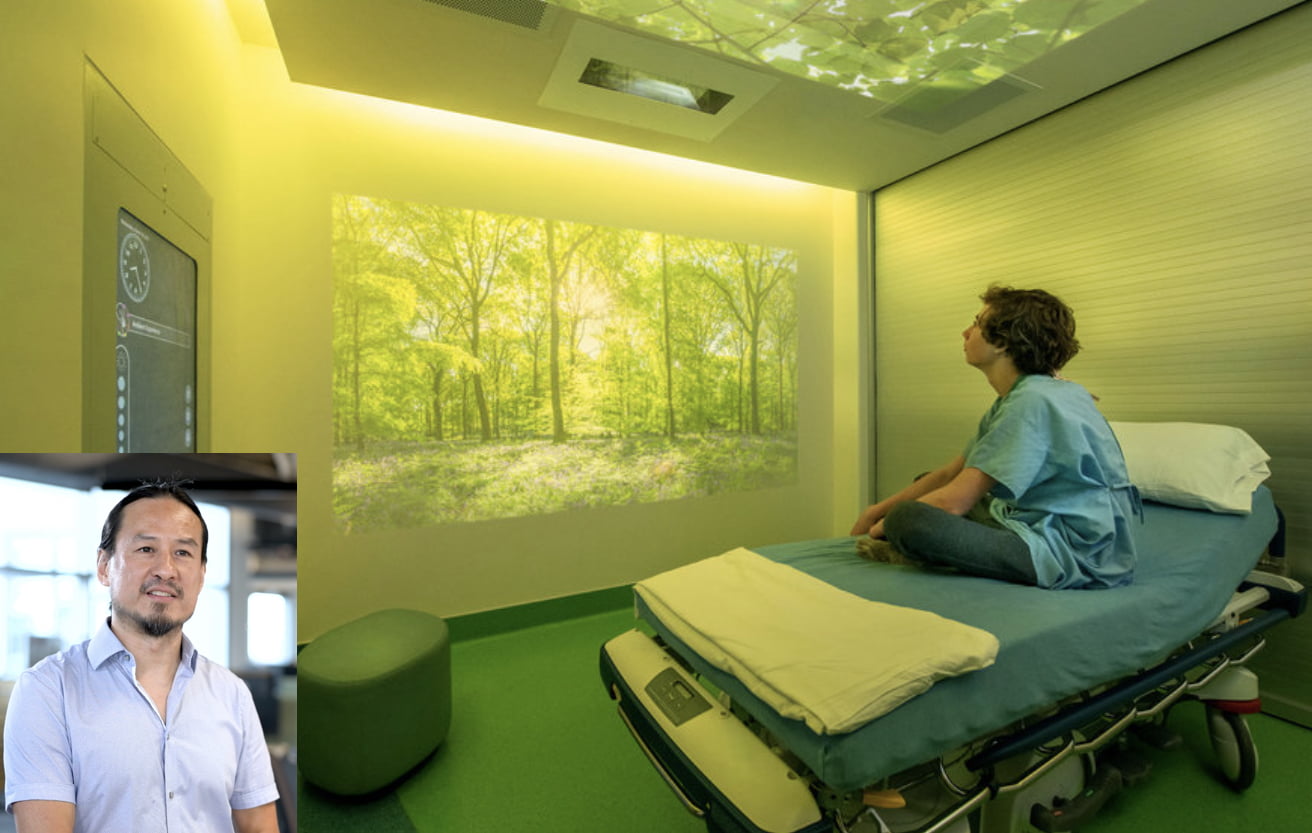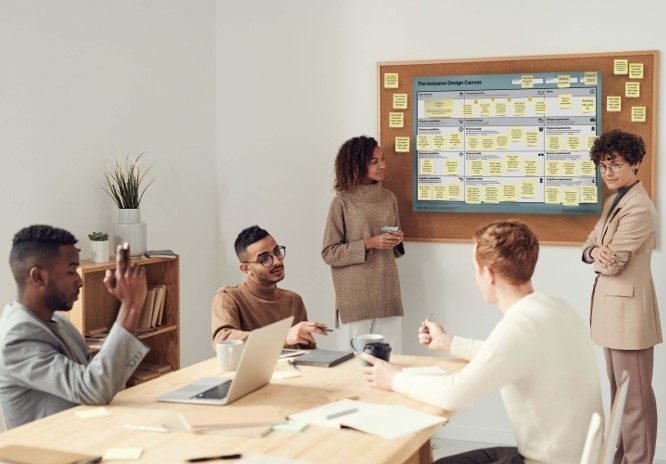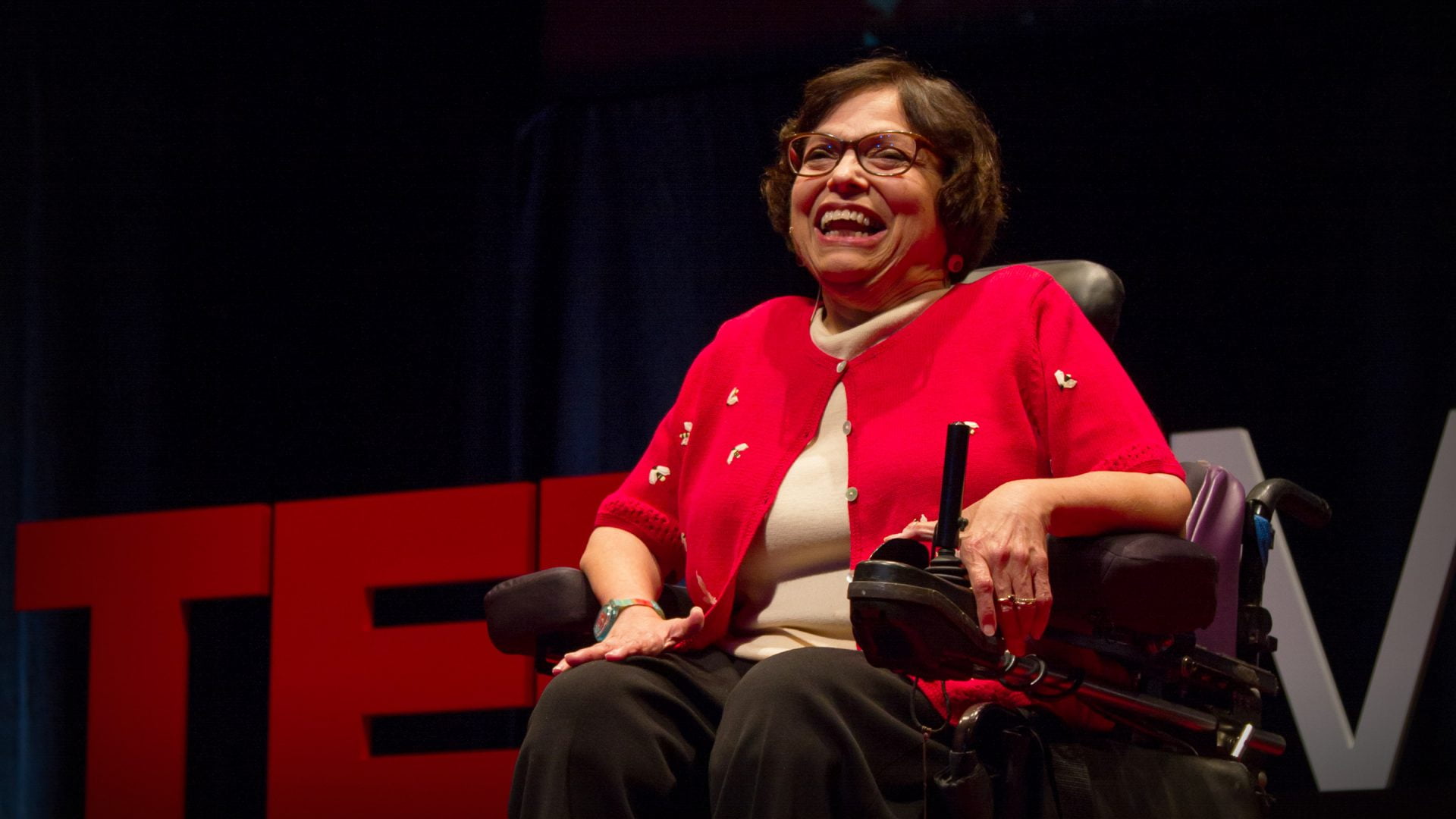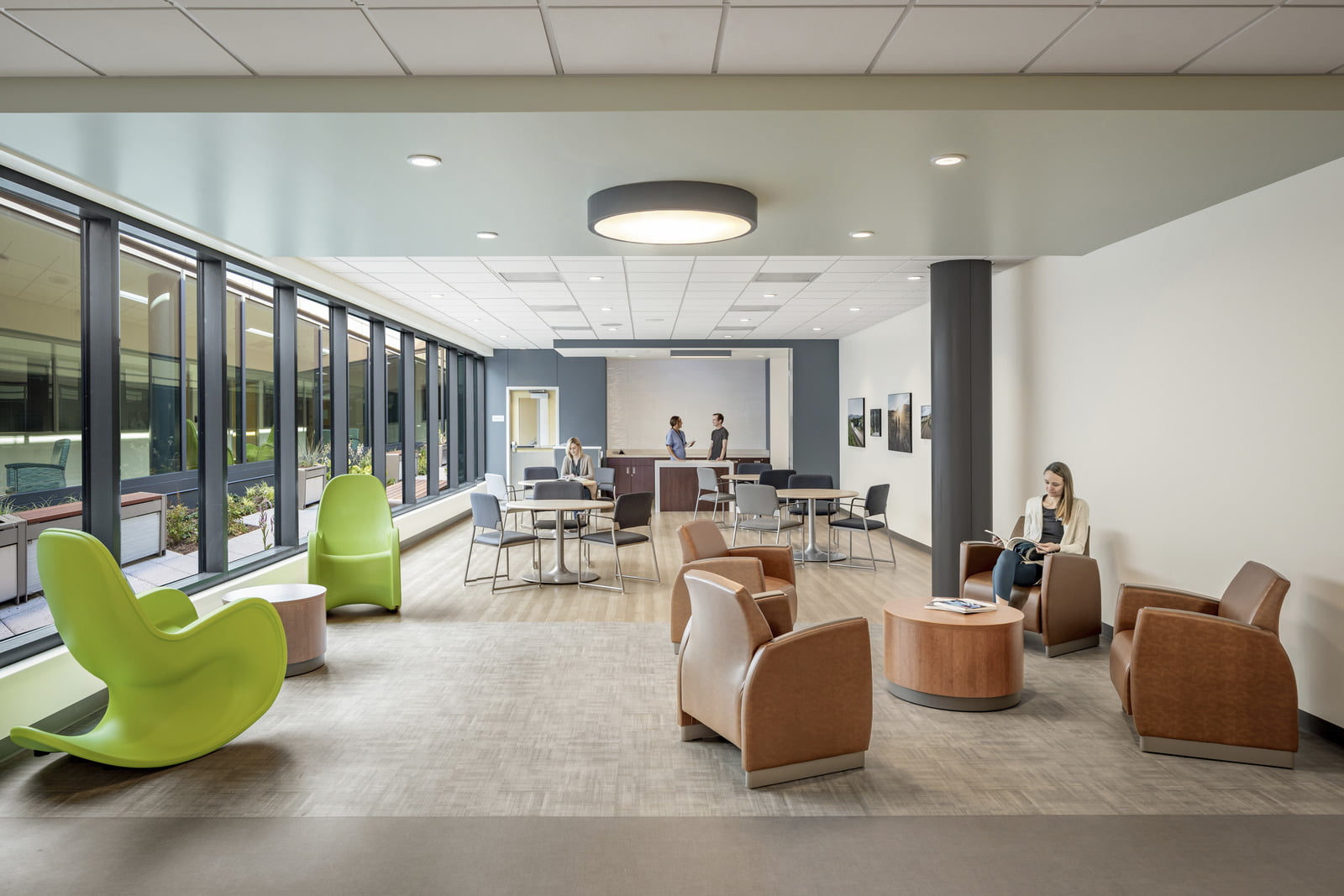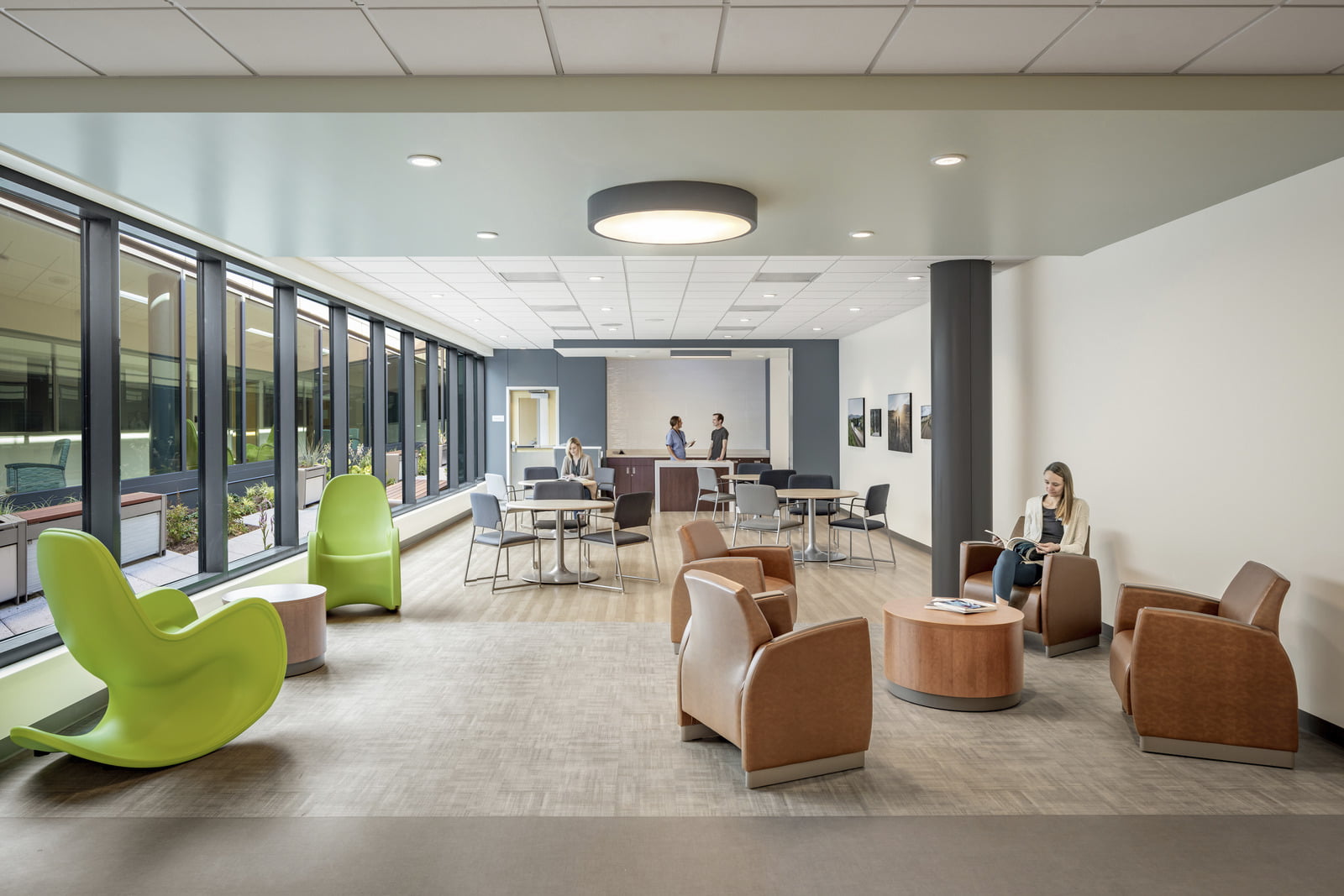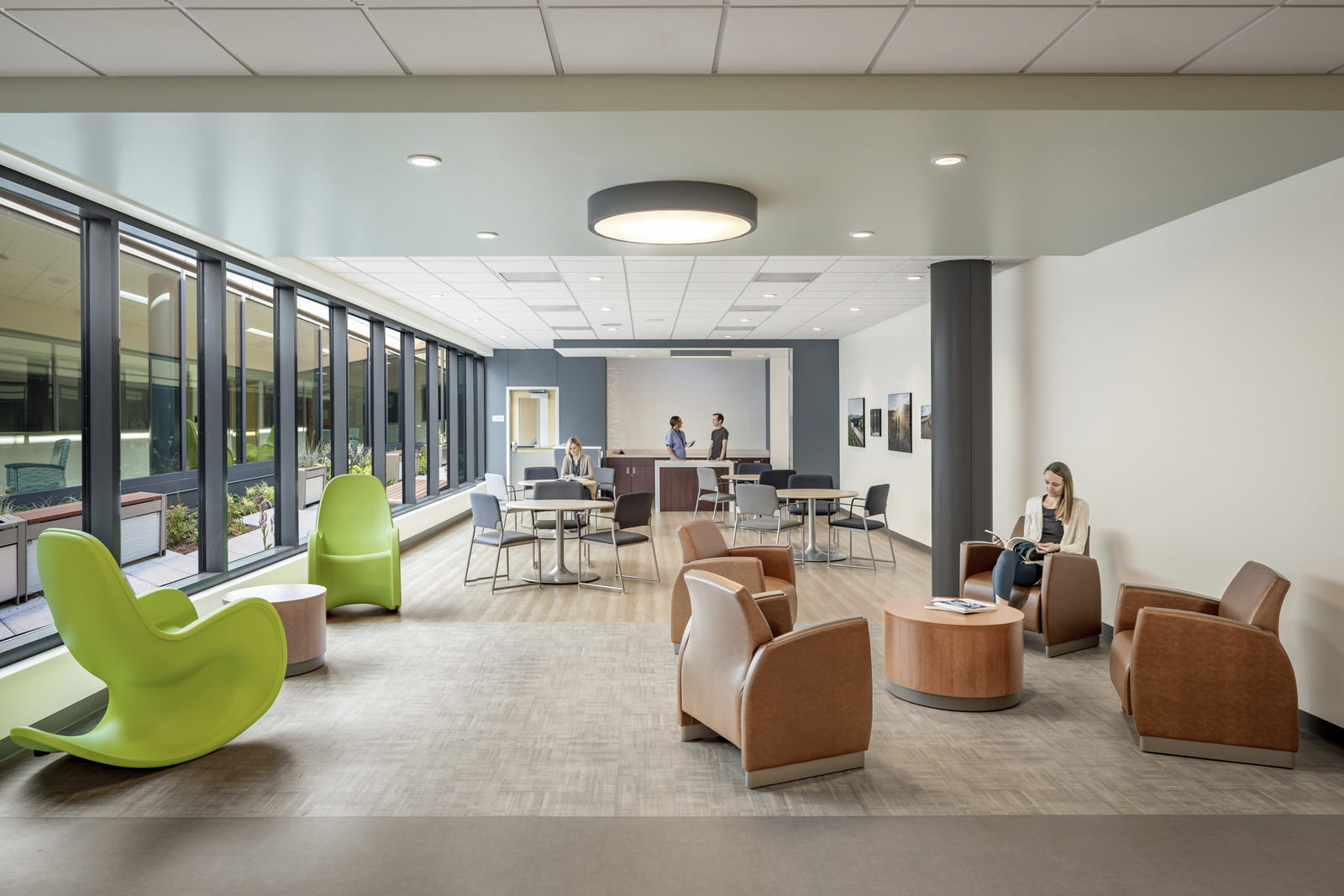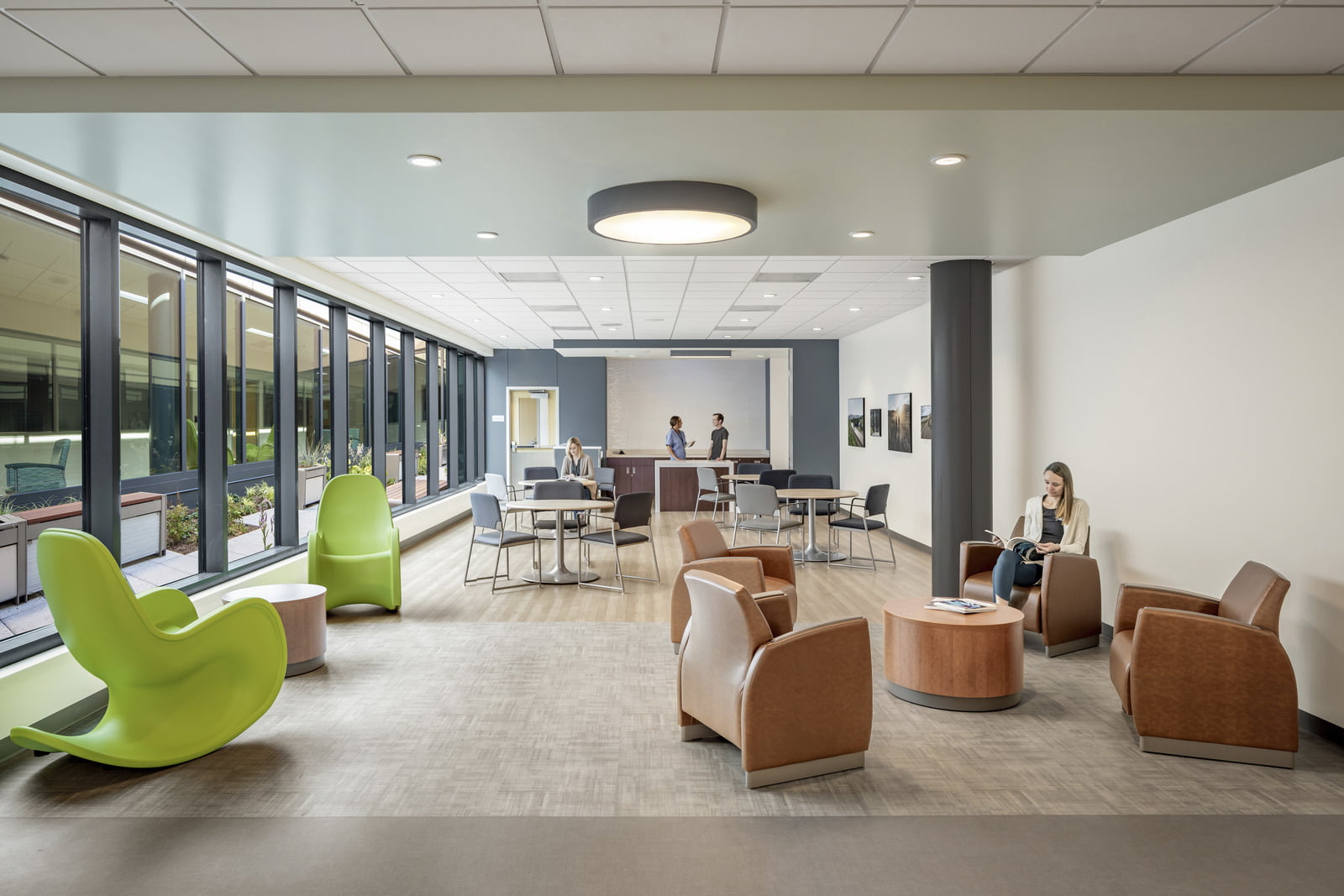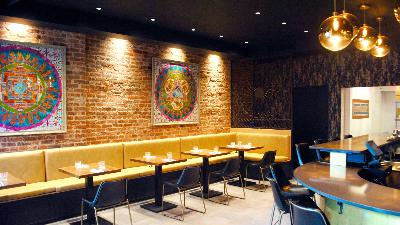Designing for: Technology & Innovation with Lotus Labs (Season 5, Episode 2)
Description
By: Janet Roche & Carolyn Robbins
- Hosted By: Janet Roche
- Edited by: Jessica Hunt
- Guest: Dhaval Patel, Lotus Labs
- Photo Credit: Lotus Labs
Inclusive Designers Podcast:
Accessibility is often an afterthought in product design. Even tech with the potential to be game-changing for folks with disabilities, often isn’t designed with them in mind. Is a hybrid of Inclusive, Universal and Human-centered Design the key to solving this problem?
IDP explores how to improve the design process with Dhaval Patel of Lotus Labs. We’ll hear about their innovative ‘Lotus Ring’ that aims to prove this theory and serve as an example that the process really can work!
Guest: Dhaval Patel- is the founder and CEO of Lotus, a company whose mission is to build technology that is useful to everyone, by optimizing for disability first. To that end, Lotus has built a wearable Ring that controls objects at home by pointing.
Formerly, Dhaval was a division leader at Apple, working in their iPhone, Apple Watch & AirPod divisions. He has 37 patents in sensing & haptics. His work at Apple inspired him to build technology that helps everyone, but could be especially life changing for disabled persons, seniors, and veterans.
“Legacy. What is Legacy? It’s planting seeds in a garden you never get to see.” – Quote from ‘Hamilton: An American Musical’
– Contact: Dhaval Patel (Linked In)
– References:
- Lotus Labs
- Activities of Daily Living (ADLs): Activities of daily living are activities related to personal care. They include bathing or showering, dressing, getting in and out of bed or a chair, walking, using the toilet, and eating.
- Universal vs Inclusive Design: Unlike inclusive design, which highlights individual differences, universal design focuses on the similarities all people share. Universal design is the practice of designing usable products that don’t require adaptations.
- User Experience (UX) Design: User experience (UX) design is the process design teams use to create products that provide meaningful and relevant experiences to users. UX design involves the design of the entire process of acquiring and integrating the product, including aspects of branding, design, usability and function.
- IDP Discusses ‘Design Crimes’ with Ed Warner, Motionspot
- MotionSpot – Accessible Hotel Design
- Hotel Brooklyn, Manchester, UK
Designing for: Technology & Innovation with Lotus Labs, (Season 5, Episode 2)
Guest: Dhaval Patel, Lotus Labs
(Music / Open)
Janet: In this series we will be discussing specific examples of design techniques that make a positive difference for people living with certain human conditions.
Carolyn: The more a designer understands the client and or the community the more effective and respectful the design will be.
(Music / Intro)
Janet: Welcome to Inclusive Designers Podcast, I am your host, Janet Roche…
Carolyn: and I am your moderator, Carolyn Robbins…
Janet: And welcome as well to another season of Inclusive Designers Podcast. Can you believe it we are already on Season 4…
Carolyn: Season 5, Janet
Janet: Wow, Season 5? Boy have these last few years flown by!
And I just want to say I do not look a year older…
Carolyn: Me neither.
Janet: Nope.
Carolyn: Nope. (laughs).
Janet: On a side note, did you know that Stitcher is no more? No mas. Nada. Zippo – and has left the building.
Carolyn: (laughs) But we did add Pandora in its place, so you can now find IDP there as well – or maybe you are already listening to it on Pandora.
Janet: It could be, our audience is smart. Or as we like to say here in New England, ‘SMAHT’…
Carolyn: Yup, they’re ‘Wicked Smaht’ – and we do have a great show for our ‘Smaht’ listeners today!
Janet: Yes we do…
Carolyn: And this will be the first of our ongoing technology and innovation series.
Janet: Yes it is, Carolyn. Tell them about our next guest, Dhaval Patel…
Carolyn: I would be honored to: Dhaval Patel, is the founder and CEO of Lotus. A company whose mission is to build technology that is useful to everyone, by optimizing for disability first. To that end, Lotus has built a wearable Ring that controls ‘un-smaht’ objects at home by pointing.
Formerly, he was a division leader at Apple, working in their iPhone, Apple Watch & AirPod divisions. His work at Apple inspired him to build technology that helps everyone, but could be especially life changing for disabled persons, seniors, and veterans. He also has 37 patents in sensing & haptics—and you know that’s the definition of ‘Smaht!’
Janet: (laughs) Not only will we learn about the ‘Lotus Ring’ he invented, and how it works, but Dhaval is also a great believer that a combination of universal and inclusive design is the ideal.
Carolyn: And he will share his thoughts on why this hybrid may work best.
Janet: Yes, he will. We enjoyed hearing his perspective on design, and think you will too, so let’s get to it!
Carolyn: Absolutely. And with that, here is our interview with… Dhaval Patel— engineer, entrepreneur, and forever advocate for better design…
(Music / Interview)
Janet: Welcome to Inclusive Designers, Dhaval. How are you today?
Dhaval: I am great. Thank you for having me. It’s an honor and a pleasure to be here. How are you?
Janet: Terrific. I’m doing swell. Now that you’re here, we can talk about your product, which I’m excited about doing, and hearing more about the journey and the genesis of your product and how it can help some of the listeners either for their own personal use or for their family’s use, or for client’s use. So, let’s just dive right on in. We did a little intro, but why don’t you tell me in your own words a little bit about yourself?
Dhaval: Sure! Quick audio description of myself… I’m a brown guy with black hair, mid-thirties, sitting in front of one of my favorite prints, which is the black and white print of the flat iron building in New York.
Janet: Yep, we should probably do that as well. You’re correct. We talked about this earlier. (Dhaval: yeah), blonde haired, fairly pale skin, individual who’s in her office right now. And so there’s a bunch of paintings behind me, and I’ve got my headset on.
Thank you for reminding me and for our listeners, we hope to continue to set that trend and make that something that is just a staple for what we do for each episode. So thank you for that (Dhaval: yeah). It shows us that we can all learn something all the time, right?
Dhaval: Thanks Janet. (Janet: yeah). Yeah, absolutely.
Janet: So Dhaval, tell me a little about your background…
Dhaval: Yeah, a little bit about myself. My name is Dhaval Patel. Hardware engineer by training, did my undergraduate and master’s degrees at Georgia Tech in electrical engineering with a minor in aerospace engineering, (Janet: oh), and master’s also in electrical with a minor in finance. (Janet: yeah).
Worked at a couple of different places and essentially ended up at Apple where I ended up being there for about 8-and-a-half years, (Janet: yeah), and managed a division at Apple for iPhone watch and AirPods.
And now founded Lotus, where we’ve made this wearable ring for people with limited mobility that controls objects at home by pointing. But happy to talk more about that as we go. (Janet: yeah). Yeah.
Janet: So, you have a remarkable career. So now what was the genesis for getting into this particular area and starting Lotus.
And for our listeners, we’ll have all this information on our website at inclusivedesigners.com. And so we’ll have Dhaval’s information, we’ll have all the information on both his ring and also how you can get in contact with him.
And so, take us back. So were you at Apple at the time that you came up with the idea for the ring? Was there a particular instance that started with the ring? What was the genesis behind the ring?
Dhaval: Yeah, so let me describe the ring and then also describe sort of how it came about.
Janet: That sounds good.
Dhaval: So, in a nutshell, for people with limited mobility, we’ve created this wearabl

